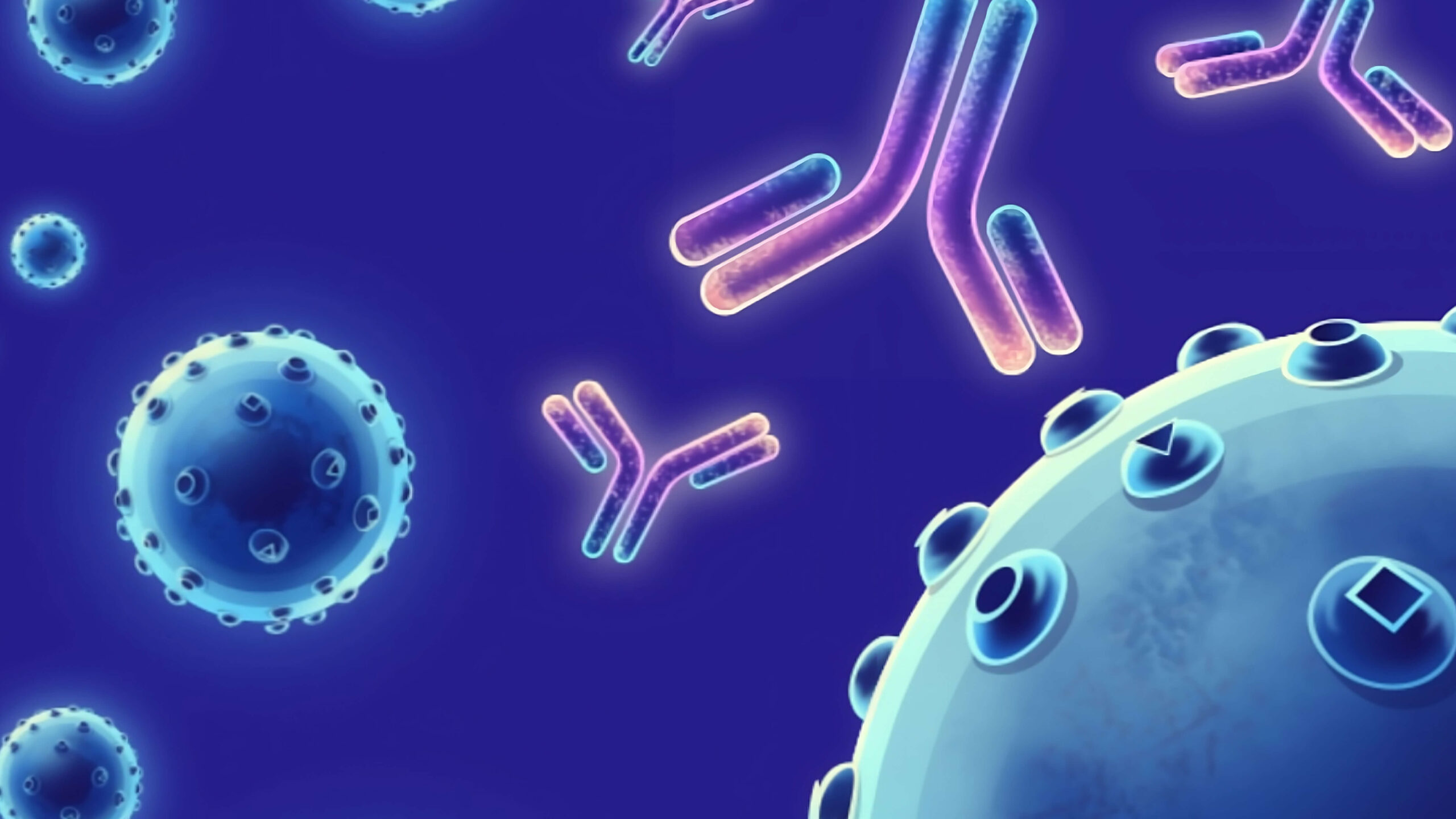Description
Coronaviruses are enveloped viruses with a positive-sense RNA genome and with a nucleocapsid of helical symmetry. Coronavirus nucleoproteins localize to the cytoplasm and the nucleolus, a subnuclear structure, in both virus-infected primary cells and in cells transfected with plasmids that express N protein. The coronavirus N protein is required for coronavirus RNA synthesis and has RNA chaperone activity that may be involved in template switch. Nucleocapsid protein is the most abundant protein of coronavirus. During virion assembly, N protein binds to viral RNA and leads to the formation of the helical nucleocapsid. Nucleocapsid protein is a highly immunogenic phosphoprotein also implicated in viral genome replication and in modulating cell signaling pathways. Because of the conservation of the N protein sequence and its strong immunogenicity, the N protein of coronavirus is chosen as a diagnostic tool.
Target
NP-CoV
Target Alias Names
coronavirus NP, coronavirus Nucleocapsid, coronavirus Nucleoprotein, cov np, ncov NP, novel coronavirus NP, novel coronavirus Nucleocapsid, novel coronavirus Nucleoprotein, NP, Nucleocapsid, Nucleoprotein
Isotype/Mimetic
Rabbit (variable region) / human (kappa / IgG1 constant) chimeric antibody
Animal-Derived Biomaterials Used
No
Sequence Available
No
Original Discovery Method
Phage display technology
Antibody/Binder Origins
Animal-dependent discovery, post-2020, In vitro recombinant expression

